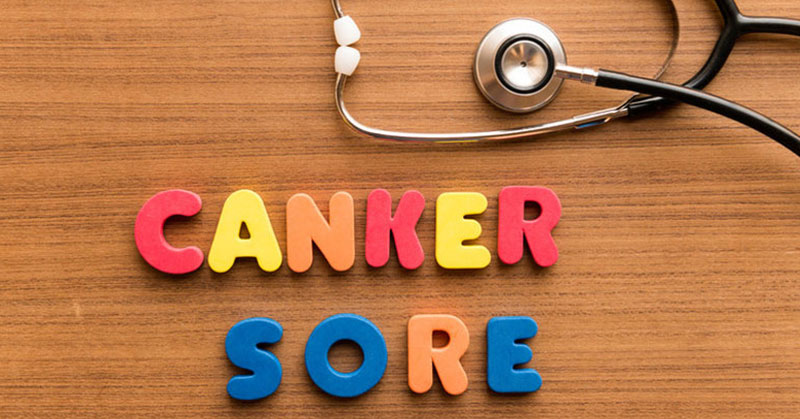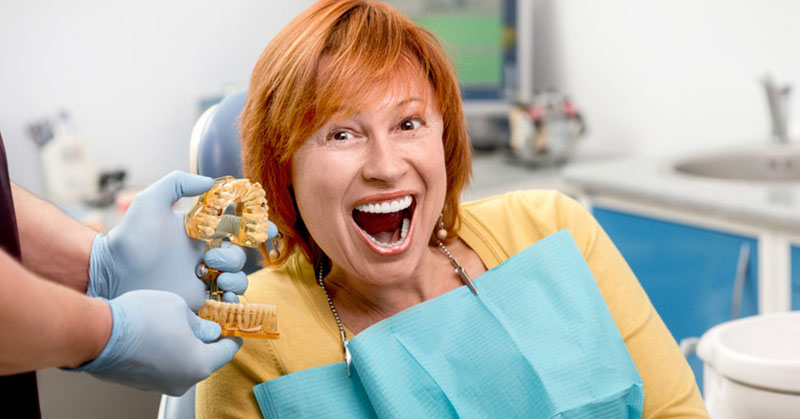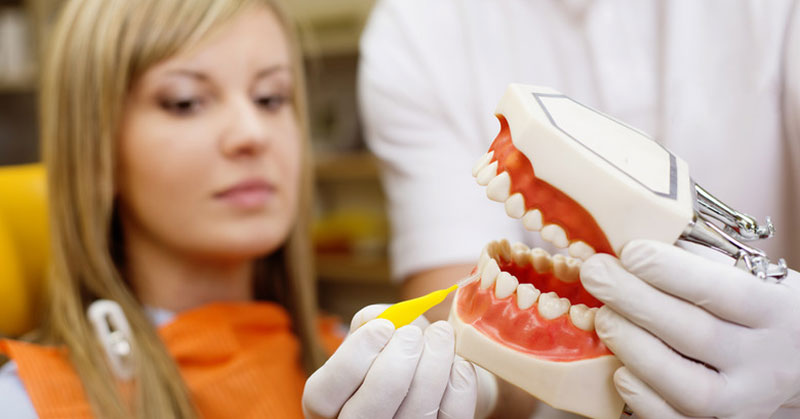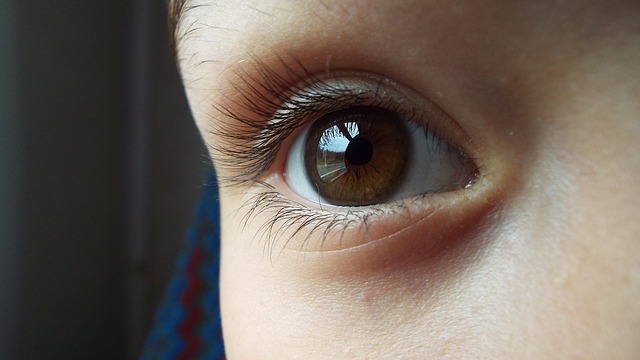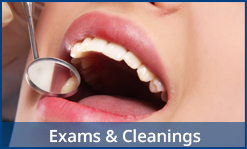When painful sores develop in or around the mouth and lips, you probably don’t care what they are – you just want them to go away. However, the type of sore you have is important, and proper diagnosis is necessary to ensure you understand symptoms and you can undergo proper treatment.
Although cold sores and canker sores are easy to confuse, there are several differences that will help you to determine which type of sore you’re dealing with. In order to treat sores effectively, you need to know which is which. Here are a few differences you should be aware of.
Canker Sores
Canker sores, while annoying and sometimes painful, are relatively harmless. They present as round, white sores inside the mouth, often surrounded by a red halo. Canker sores could result from accidentally biting yourself, poking the soft tissue of your mouth with a retainer or sharp food (like chips or pretzels), food allergies, or even stress or hormonal changes.
Generally, canker sores will go away on their own within a few days, or you can use a salt rinse to speed healing time. You can also use over-the-counter painkillers like Orajel or Kanka to reduce pain while canker sores are healing. The important thing to remember is that canker sores are not dangerous, nor are they contagious.
Cold Sores
Cold sores are much more serious than canker sores, and they may require professional diagnosis and treatment. They are characterized by fluid-filled blisters and unlike canker sores, they are generally outside the mouth.
The biggest difference is that cold sores are a symptom of the HSV-1 virus (which is similar to, but not the same as, the HSV-2, or genital herpes virus). Because of this, cold sores can be contagious, especially when they are cracked and oozing, which means you want to be especially careful about contact with others. It’s best to avoid sharing utensils and drinking glasses with others any time you have a sore.
If you think you have a canker sore, it’s a good idea to seek professional diagnosis from your dentist or doctor so that you can get appropriate treatment. At the very least, you’ll want prescription medication, like topical creams, to treat visible cold sores and help them to heal as quickly as possible.
Your dentist may also recommend treatment with a low-level laser or other medications, depending on your symptoms. Cold sores and canker sores are commonly confused, but when you know the symptoms, you can tell the difference, and from there you can seek appropriate treatment.

